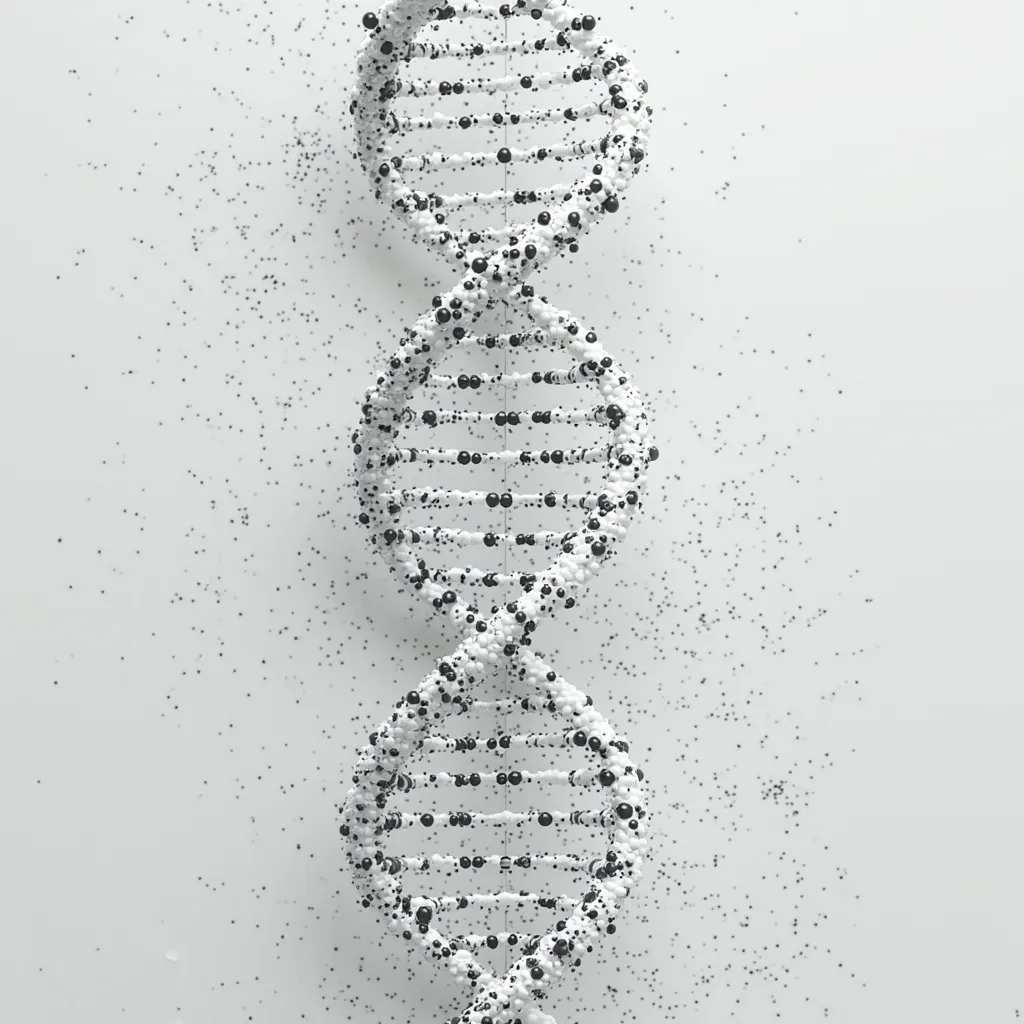Exploring Genetic Recombination
Genetic recombination is a fundamental biological process that plays a critical role in maintaining genetic diversity. It occurs during meiosis, the specialized form of cell division that forms gametes—sperm and egg cells. By exchanging genetic material between paired chromosomes, genetic recombination facilitates variation in the resulting offspring. This variation is essential for the evolution and adaptation of organisms.
Understanding the Process
The process of genetic recombination primarily involves two main stages: crossover and independent assortment. During crossover, homologous chromosomes pair up and exchange segments of DNA, creating new genetic combinations. This exchange happens in a process called synapsis, which allows genes from the mother and father to mix.
Independent assortment occurs when these pairs of homologous chromosomes divide into different gametes independently of other pairs. This randomness in the distribution of chromosomes further enhances the variation in the gametes.
Importance in Evolution and Adaptation
Genetic recombination is vital for natural selection and adaptation. By introducing new genetic combinations, it provides the raw material for evolution. Organisms with beneficial traits are more likely to survive and reproduce, passing these traits to the next generation. Without recombination, populations would be less responsive to environmental changes and might struggle to cope with new challenges.
Role in Disease and Genetic Disorders
Recombination has significant implications in medicine and genetics. Errors during recombination can lead to genetic disorders or an increased risk of diseases. For example, improper recombination can cause chromosomal aberrations such as duplications, deletions, or translocations, which may result in conditions like Down syndrome or certain cancers.
Applications in Biotechnology and Research
Scientists leverage recombination in various biotechnological applications. Gene therapy and genetic engineering often involve recombining DNA sequences to correct genetic defects or introduce new traits. Researchers study recombination to improve crops, develop vaccines, and understand evolutionary patterns.
Modern DNA Testing and Recombination
In the realm of personal genomics, understanding genetic recombination can offer insights into one's genetic predispositions. Services like ChatDNA allow individuals to explore health and wellness insights through detailed DNA analysis. These services utilize existing genetic data from popular testing platforms to provide personalized information about health risks, traits, and more.
Advanced Insights
In recent years, research has unveiled less commonly known aspects of recombination. For instance, studies on the non-random nature of crossover events suggest hotspots where recombination frequently occurs. These hotspots are heavily influenced by specific protein interactions and may vary significantly between species. This emerging understanding could lead to breakthroughs in genetic mapping and the prediction of recombination patterns in various organisms.
Conclusion
Genetic recombination is a cornerstone of biological diversity and adaptation. Its implications are far-reaching, impacting fields from evolutionary biology to medicine and biotechnology. As research continues to uncover the intricacies of this process, the insights gleaned hold promise for addressing genetic disorders and enhancing human health. Understanding recombination offers a window into the dynamic nature of genetics, underscoring its significance in the fabric of life.
What is ChatDNA?
ChatDNA can analyze your DNA to answer any question. When you ask a question it will provide clear explanations and meaningful insights about who you are at a genetic level.
You can import existing DNA results from all major services like 23andMe and AncestryDNA or purchase a new DNA test kit through ChatDNA.
ChatDNA is especially valuable for anyone interested in:
- Understanding how their genes influence health and wellness
- Learning about their unique genetic traits
- Discovering personalized insights about their biological characteristics
- Getting clear, conversational answers to their DNA-related questions
Ready to get answers about your DNA? Visit ChatDNA.co to get started.
